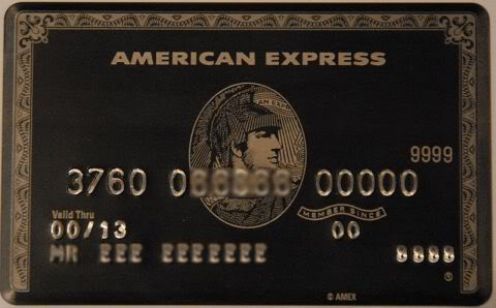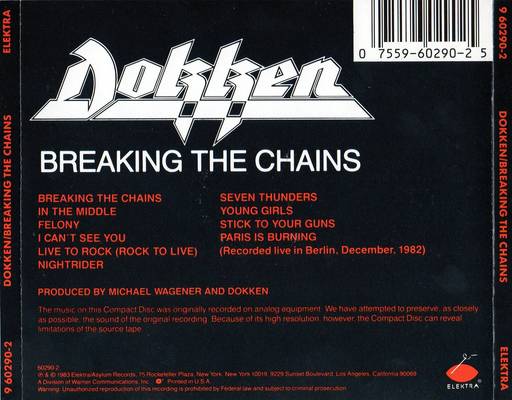In 2009, Congress passed the Credit Card Accountability Responsibility and Disclosure Act, the latest in a series of clever acronyms to become law. (Which, at 4 letters, is brief as these acronyms go. It’s all but inconceivable that anything will ever beat the 10-letter Uniting and Strengthening America by Providing Appropriate Tools Required to Intercept and Obstruct Terrorism Act of 2001.)
Congress passed the Credit CARD Act because, in short, consumers who vote (or more to the point, voters who consume) are moronic and would rather complain than rein in their spending. The Credit CARD Act required issuers to:
- mail statements out 3 weeks in advance instead of 2, because with so many good things on TV it’s impossible to devote one day out of a mere 14 to scratching a check that you know you’re going to have to scratch anyway (“Mail”, if you’re wondering, is this laughably archaic method by which people used to send documents);
- reduce rates for anyone whose rates they’d raised and who’d then paid on time for 6 consecutive months. Yes, a government-sanctioned rewards program;
- offer cardholders fixed limits;
- cap the fees they charge to cardholders who exceed their credit limits, i.e. cardholders who couldn’t be bothered to remember their credit limits in the first place;
- provide a toll-free number on their statements that people who shouldn’t hold cards in the first place can call to get free credit counseling;
- perform several other requirements, which we won’t get into because we try to keep these posts around 1000 words.
The bill also ordered the Federal Trade Commission to spend your money determining whether it’d be feasible to create a technology that lets an ATM user who’s “under duress” enter a PIN that would call the cops. Seriously. Section 508(a).
No one disputes that as a result of these requirements, banks’ credit card revenues would fall. Banks, like every other business in the history of the universe, seek to maximize profits. When our elected representatives reduced the banks’ ability to profit off their core customers, those same representatives forced the banks to find other customers to gouge. Which they did. You and me, the responsible ones.
Bank of America recently announced that it’s going to start charging its debit card holders $5 a month. You may remember that 2 short years ago, consecutive Secretaries of the Treasury took $135 from each of us (or if you prefer, 27 months’ worth of future debit card fees) and awarded it to Bank of America for its inability to assess risk before lending money.
Bank of America might be effectually a Soviet state-controlled enterprise whose losses the citizens cover – a modern-day GUM department store or Aeroflot – but it’s still going to seek revenue within whatever legal bounds it’s been afforded. Among all the Credit CARD Act’s byzantine stipulations, there isn’t a word in there about how much banks can charge customers for using debit cards. Therefore, banks chose to, because they can.
The good news is that you won’t pay the $5 fee if you manage to go the entire month without using your debit card. Instead, you can either go Montana Freeman and print your own money, or you can make as many (free) ATM visits as you want and pay cash; the same outdated activity that debit cards were supposed to make obsolete.
There’s a secondary reason for banks charging debit card fees. People respond to incentives. A debit card fee gives a consumer a compelling reason to use a different method of payment. You know, like a credit card. If banks can’t profit by charging high-revenue customers as much as possible, they’ll make do (and abide by a federal mandate) by charging less, but to more customers. At least a few of the people who wouldn’t otherwise have used credit cards will start incurring balances. As for those of us who’d never consider carrying credit card balances, well, we’re welcome to pay that $5 fee.
To recap: the government gives banks incentive not to mine their profligate customers for profit, so those banks are forced to hit up the responsible customers. Which gives those same responsible customers incentive not to spend. Because economic activity is the last thing you want to encourage during a recession.
What recourse do we have as responsible consumers? Well, there remain other banks to do business with. Petitioning Congress to rescind the law would be a colossal waste of time and effort. Resorting to the ridiculous practice of writing checks is a possibility, too. As is carrying big fat wads of cash. In the meantime, find yourself a debt-laden consumer who thought the Credit CARD Act was a necessary protection against a banking industry run amok, and kick that person in the shins. The cosmos will thus regain balance.





